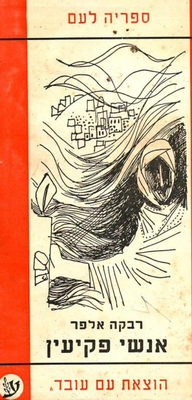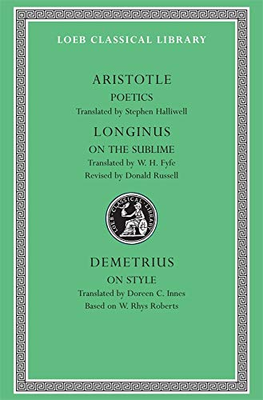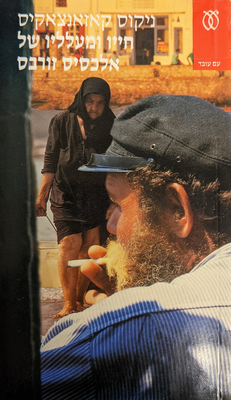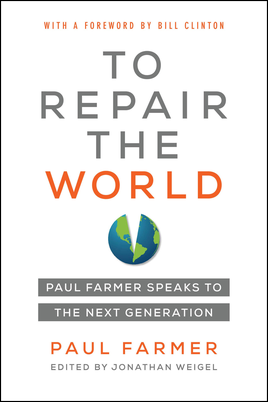The Precariat: The New Dangerous Class by Guy Standing. Modern society is becoming less stable; we know about this from the political point of view, but it is also true from the economic one. People lose job stability, and even fully employed people are increasingly poor and at the mercy of their employers. Guy Standing surveys the creation of a new social class, the Precariat, and the perils of their social situation. I originally thought this is mostly about the “gig economy”, service providers working for (but not employed by) Uber and its likes; but the scope of the problem is actually much wider, as an increasing portion of the population work in conditions that at times bring to mind Brave New World.
The emergence of the Precariat is the direct result of The Great Risk Shift, discussed by Giridharadas’s Winner Takes All (reviewed in August 2019). Standing’s book also reviews its impact on other parts of society, such as the modern education system; “It is hard to parody what is happening,” he writes. “Although its standards have plunged abysmally, the leader of the global ‘industry’ is the United States. The idea is to process commodities, called ‘certificates’ and ‘graduates’. Universities tend to compete not by better teaching but by offering a ‘luxury model’: nice dormitories, fancy sports and dancing facilities, and the appeal of celebrity academics, celebrated for non-teaching achievements.” And as an inevitable result, “Infantilising the mind is part of the process, not for the elite but for the majority. Courses are made easier, so that pass rates can be maximised.”
The concern is real, and only people on the winning side of this winner-takes-all scenario would not be worried. The solution Standing presents, universal basic income, is of course a matter of much controversy, and the book fails to convince that this is indeed the correct approach. But don’t read this book for its solutions; read it to better understand the problem.
Poetics by Aristotle, edited and translated by Stephen Halliwell. Fancy reading lecture notes, never edited for publication, from a class taught some 2,300 years ago. It’s fascinating for its historic value, and it has some interesting insights; but just as important, there’s so much that isn’t there... It’s surprising to realize how much weight people have given to this work, for centuries (starting with its rediscover during the Renaissance). It’s surprising to learn that Aristotle never said anything about the so-called Aristotelian Unities, for example; he only mentioned unity of plot. And of course, reading about the missing last part of this work, about comedy, my mind couldn’t help but race into memories of The Name of the Rose.
All in all, it’s an enjoyable read, but some 20th century analysis and reviews of it that I’ve read later left me really puzzled. On the other hand, Aristotle himself does provide direct criticism of 20th century art: “If one were to cover a surface randomly with the finest colours,” he writes in Chapter VI, “one would provide less pleasure than by an outline of a picture.” Little did he know...
The Life and Times of Alexis Zorbas, translated from Greek to Hebrew by Amir Zuckerman. This book is sometimes titled Zorba the Greek (including in a later print of the translation that I’ve read). It reflects its time, in the sense that it is painfully misogynistic; that said, it is a wonderful and highly enjoyable reflection on the human condition. It is a reflection of, and an opposing theory of sorts to, Buddhism; a call to seize the day. A reflection on enjoying everything life has to offer: food, love, music, and also books and learning. It criticizes religion, war, and humanity at its worse, but it also criticizes modernism and women’s rights. It is a treatise on happiness, but it is also a tragic story, with multiple violent deaths.
To Repair the World: Paul Farmer Speaks to the Next Generation by Paul Farmer, edited by Jonathan Weigel, foreward by Bill Clinton. Farmer was a medical doctor who devoted his life to helping the underprivileged, such as communities in Haiti and in South Africa; this book is a collection of talks he gave in various forums, mostly in college and university graduation events. I thoroughly did not enjoy this book, because it was never a book meant to be enjoyed. I mean, yes, there’s a lot of humor in it, but it’s kinda forced humor, fit for a context with which I feel little or no connection (there are no “commencement talks” in my local culture, and the jokes about “Sorry it’s me and not Stephen Colbert” grew thin after a while). It is also, by the nature of being a collection of unrelated talks, repetitive at times.
But then again, like I said, this book was never meant to be enjoyed. It’s a book meant to move you, and to highlight problems in the modern world of health and medicine. A core problem that Farmer highlights is that we have “a medical establishment that privileges ability to pay over need,” with all that this implies.
In his introduction, Weigel writes:
|  When dealing with the health problems of the poor, public health policymakers often adhere so strictly to the doctrine of “cost-effectiveness”—a valuable tool for setting priorities, but just one tool among many—that responses to the big challenges in global health are anemic. Only inexpensive medical care is deemed appropriate for settings of poverty. Paul [Farmer] has a pithy expression for this perverse outcome: “cheap shit for the poor.” (He left that one out during class.) When dealing with the health problems of the poor, public health policymakers often adhere so strictly to the doctrine of “cost-effectiveness”—a valuable tool for setting priorities, but just one tool among many—that responses to the big challenges in global health are anemic. Only inexpensive medical care is deemed appropriate for settings of poverty. Paul [Farmer] has a pithy expression for this perverse outcome: “cheap shit for the poor.” (He left that one out during class.)
When used in a vacuum, cost-effectiveness analysis at times produces incorrect and unethical claims. To cite just one example, a 2002 study concluded that in Africa it is 28 times more cost-effective to prevent new HIV infections than to treat people who already have AIDS. The authors thus effectively recommended letting 25 million people—all those living with AIDS in Africa at the time—die because they thought it would be too expensive to save them. How could well-meaning people make such a monstrous (and ill-founded) suggestion? Is anyone authorized to wield instruments like cost-effectiveness analysis with such certainty when so many human lives are at stake? These are questions Paul takes up throughout this volume. |
This is the kind of problems that Farmer addressed thoughtfully and forcefully in his various talks in the book, and more so, in his life of public service. Like I said, it’s not a fun book, but it’s a very important one nonetheless.

New Reviews Notification |
To receive notifications as new reviews are published,
consider following the RSS feed. |
|




